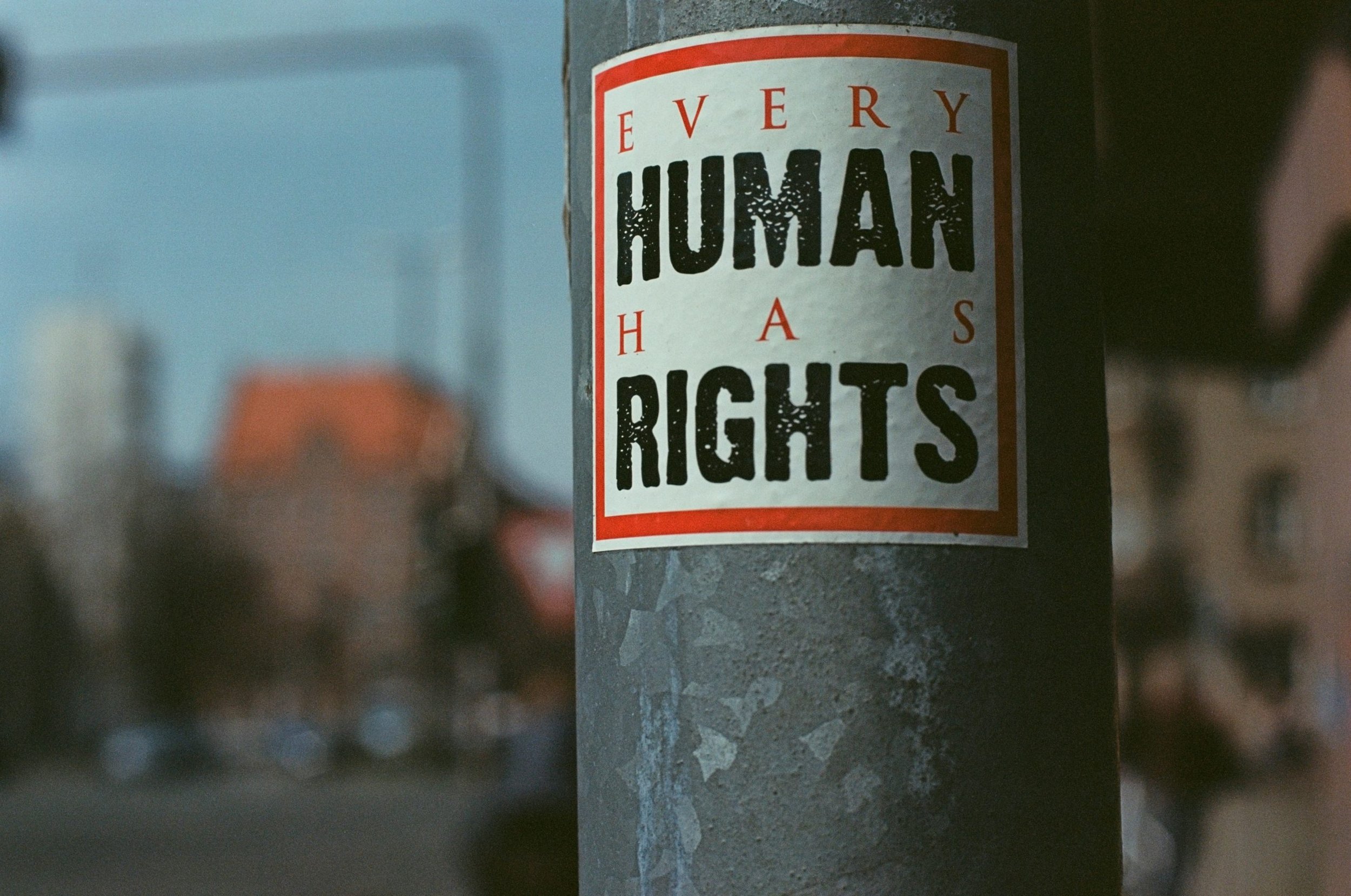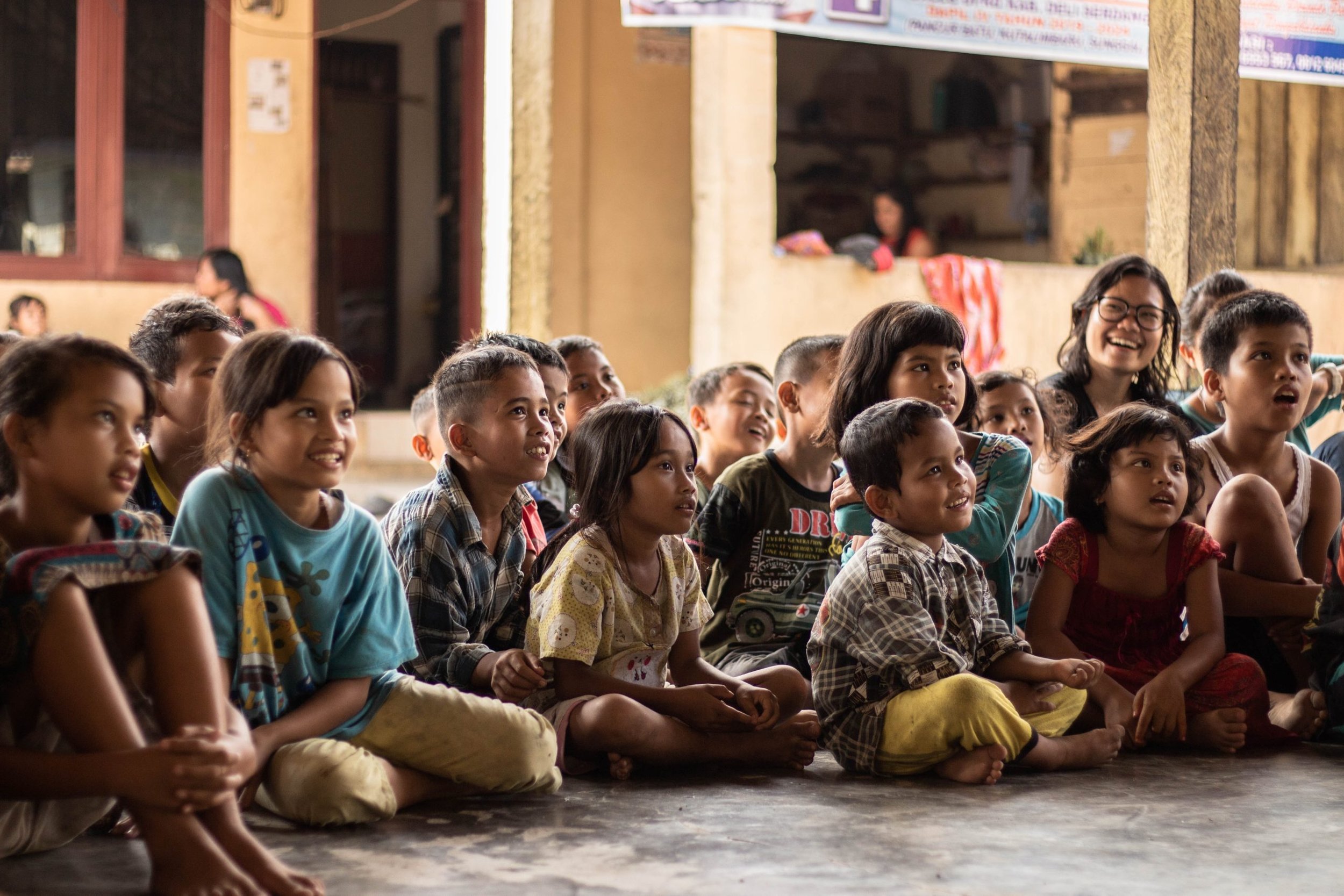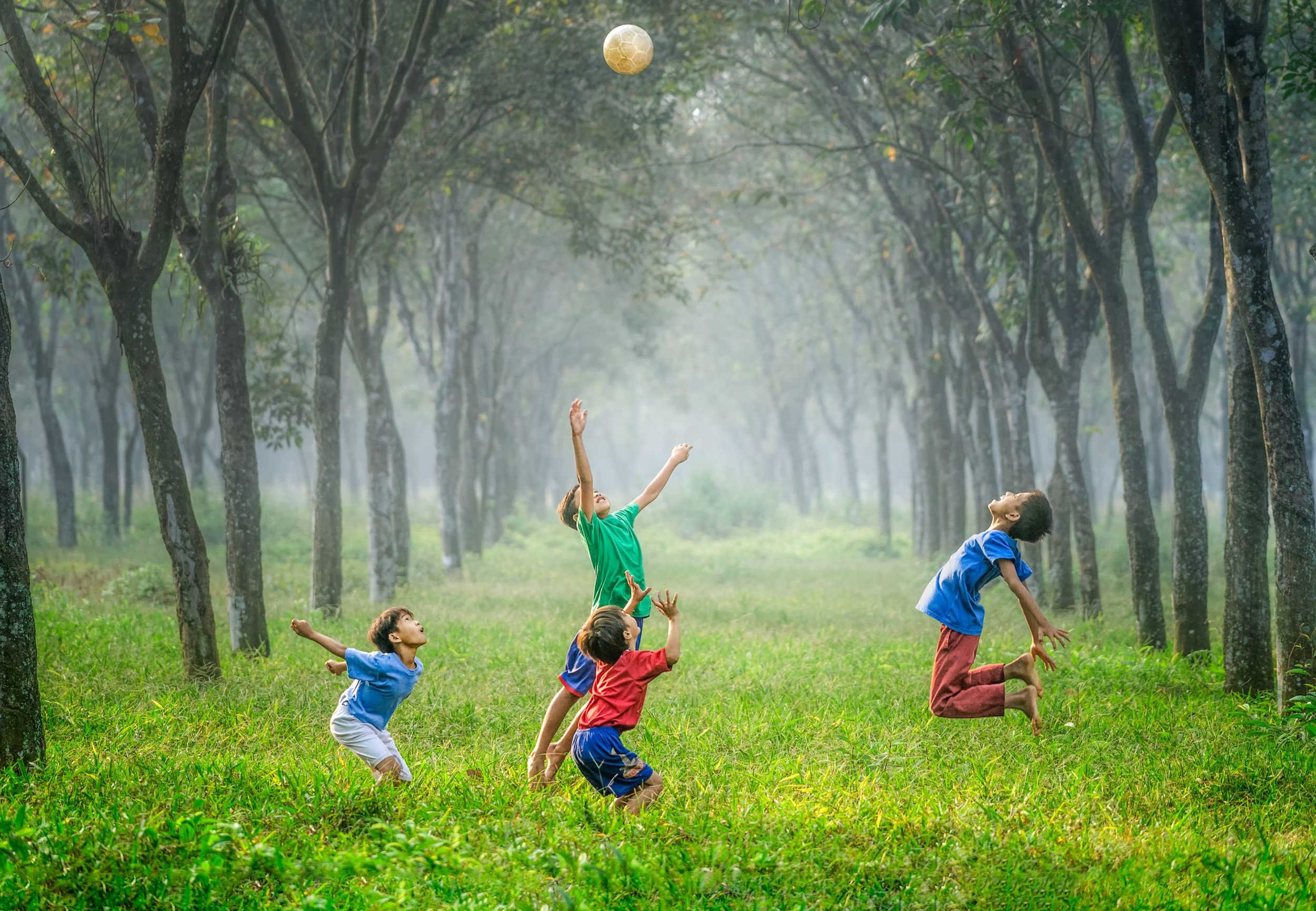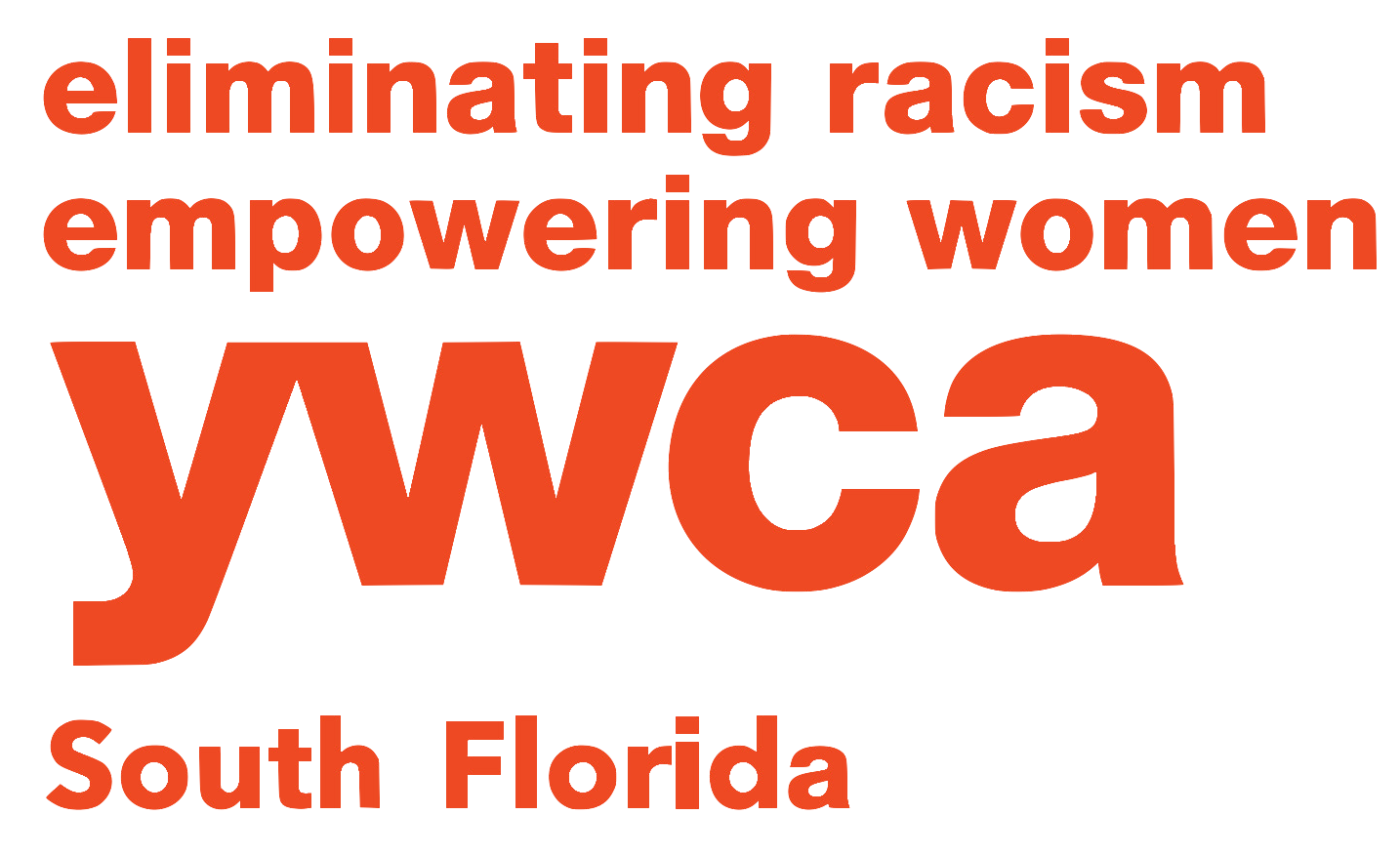Children's Rights Foster Empathy
Let's embark on a journey to explore how advocating for children's rights cultivates compassion and empathy by acknowledging their vulnerability. Prioritizing their well-being safeguards their dignity and fosters a collective commitment to empathetic communities, creating a ripple effect of positive change.

How to turn children's rights into reality
The United Nations reached a significant milestone by creating universal human rights laws that all nations and people can support. These encompass civil, cultural, economic, political, and social rights, with the UN establishing ways to aid countries in meeting their responsibilities. Human rights, fundamental from birth to death, find their roots in the United Nations Charter (1945) and the Universal Declaration of Human Rights (1948). These legal pillars evolved to more rights that include specific standards for women, children, persons with disabilities, minorities, and vulnerable groups.Human rights, a crucial foundation for various other rights, gain particular significance in children's rights due to their vulnerability in the early stages of life. Teaching children about their unique rights empowers them to protect themselves and encourages them to stand up for others. As responsible adults, preserving and imparting knowledge about human and children's rights becomes an essential duty, fostering a society where everyone can advocate for these rights.Children's rights aim to ensure their well-being, development, and protection, covering entitlements like the right to life, education, healthcare, and freedom from abuse. This includes a child's right to a name, nationality, and family life, along with the freedom to express views, participate in decisions, play, and engage in cultural activities for social and emotional growth. Recognizing these rights without discrimination is crucial for offering children a better future.

Kids have a right to be safe at school.Kids have a right to be safe at school.Kids have a right to be safe at school.Kids have a right to be safe at school.
Kids' rights are human rights.— Human Rights Watch (@hrw) January 4, 2024
Some examples of scenarios where children's rights are violated include different difficult situations:In places where there are fights or wars, children can have a tough time. They might lose their homes, families, or even their lives. When wars happen, it's hard for them to go to school or get good food and care. The violence and chaos make it difficult for these kids to have the rights they should have, like playing and being safe.
Freedom of speech is a fundamental human right!Learn more about what speech is protected and when certain types of speech can be restricted: pic.twitter.com/t6RHsDNvto
— Human Rights Watch (@hrw) January 1, 2024
Think about children having to work like grown-ups instead of playing and going to school. This happens in many countries around the world, and it's called child labor. Kids do tough and sometimes unsafe jobs, and they miss out on enjoying their childhood. It's not fair because every child should be safe, go to school, and have time to play. Child labor takes away these rights from them.However, these are just two instances among many possible situations explaining why these issues occur. One primary reason is often linked to the lack of education. When parents, caregivers, and communities are not well-informed about children's rights, unintentional neglect or ignorance can surround these crucial aspects.Promoting children's rights includes educating communities through workshops, integrating rights education in schools, and encouraging positive parenting. Engage leaders and utilize media for awareness. Advocate for strong laws, monitor violations, and empower youth in decision-making. Collaborate with NGOs, launch campaigns, and create inclusive spaces for children. This collective effort fosters a culture that respects and protects the rights of every child.This month, the YWCA and afterschool program enthusiastically incorporated Human Rights and Children's Rights as part of the Global Education initiative. Our children actively participated in:
- Demonstrating a dedicated commitment to advocating for both personal rights and responsibilities.
- Reflecting on their rights and exhibiting a strong sense of personal responsibility.
- Expressing their opinions in support of their rights.
Throughout the month, they dived into books like I Have the right to Be a child, Empathy Is My Superpower and I Choose to Speak Up, which taught them stories about their rights, needs, wants, and responsibilities. And they became superheroes of empathy, fighting for not only their rights but also for the rights of their buddies!We played Responsibility Rock stars, danced through Wants and Needs Boogie, and hit the jackpot in our Rights Lottery, matching cool drawings with our rights and experiences. Plus, we turned into artistic wizards, painting dazzling decorations and crafting a rights balloon, not to mention creating a coin with two sides – one for our needs and the other for our rights!We invite you to explore these enriching activities through the pictures on our social media. Whether you're a teacher looking to implement them in your workplace or a parent eager to try them at home, we encourage you to discover the impactful journey of integrating Human and Children's Rights into education.

- What are children's rights?
- What are child rights and why are they important?
- Rights and responsibilities of children
Watch, sing and dance along:
Play this Interactive games:
- Choose your own escape route
- We Have Rights picture identification game
- 6 Human Rights Games You Can Play Online
Take action:
- Follow some hashtags on social media that promote human rights such as:
- #StandUp4formigrants #IStandWithHer, #STOPracismo, #HumanRights
By Andrea Clavijo
